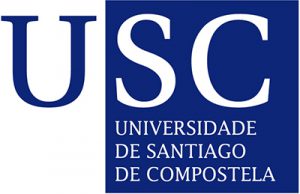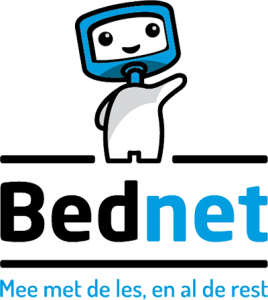
Universität Klagenfurt, Austria (Project coordinator)
The university’s institute of Instructional and School Development (IUS) focuses its activities on those who learn and those who teach, on learning arrangements, organisations, and the education system. It operates in the action fields of research and development, teaching and counselling, and actively participates in national and international projects.
Areas of research include emotional aspects in learning and teaching, psychodynamic processes in learning and teaching, reflexive learning settings, personality development and professionalization of educators educational, digitalization of schools, and inclusion. IUS has been involved in studies on the use of avatars to improve the school participation opportunities of pupils with chronic diseases.
Contact: Agnes Turner

die Berater, Austria
The core competence of die Berater is adult education and training. die Berater offers holistic consulting, coaches employees and managers, and is specialized in soft skills, language and IT seminars. The portfolio is targeted at individuals, companies of all sizes and industries, as well as the public sector die Berater is an experienced Europan project actor.
Since 2002 die Berater has opened educational opportunities to young cancer patients with regard to acquiring the ECDL in flexible settings or career counselling in a difficult life phase. As the Austrian partner of a Norwegian manufacturer die Berater provides young people with chronic disease with AV1 avatars to continue schooling and overcome isolation (teleavatar.at ).
Contact: Mag. Holger Bienzle
Bednet vzw, Belgium
The Flemish non-profit organization Bednet was founded in 2004 to serve children and adolescents who suffer from long-term or chronic illness. The service aims to decrease the learning gap caused by the illness and to re-establish / maintain social contact of children with the “outside world”, in particular their friends and teachers. In 2020 Bednet was able to support 1179 children and adolescents. Bednet provides support (guidelines, counselling) to children, schools, teachers and provides all necessary hard and software needed to establish a live stream between the class and the child.
Contact: Mathieu Tallon

VIA University College, Denmark
As Denmark’s second largest university of applied sciences, VIA University College (VIA) develops and offers a variety of accredited programmes.
Seven Research and Development Centres at VIA with more than 200 researchers underpin the ambition to be a research-based university college and ensure that our educational programmes are based on the latest knowledge.
VIA has nine crosscutting units to support our educational departments and Research and Development Centres. These units cover a variety of functions and tasks e.g. project support and development, political and educational analysis, digitalization, internationalization, communication, economy, student life. VIA holds an Erasmus Charter and is participating in roughly 20 EU funded projects.
Contact: Karin Christiansen

Tallinn University, Estonia
Tallinn University’s mission is to support the sustainable development of Estonia through high quality research and study, education of intellectuals, public discussion and promotion of academic partnership.
Tallinn University brings into the project its experience with creating digital test packages that enable measurement of social-emotional competence of young people.
Contact: Astra Schults

Universidad de Santiago de Compostela
University of Santiago de Compostela (USC), founded in 1495, is a university institutions with a great tradition in Europe. USC is situated among the top ten Spanish universities regarding their positioning in different international and national university rankings.
The university’s Educational Technology Research Group contributes to the project with its longstanding competence on e-learning research. The group has been working in this field for 20 years. It is now composed of 25 researchers from the USC and professionals from training institutions in Galicia.
Contact: Carmen Fernández Morante

